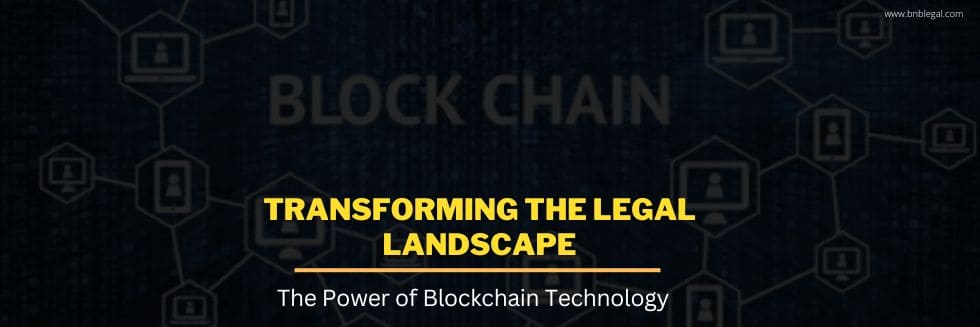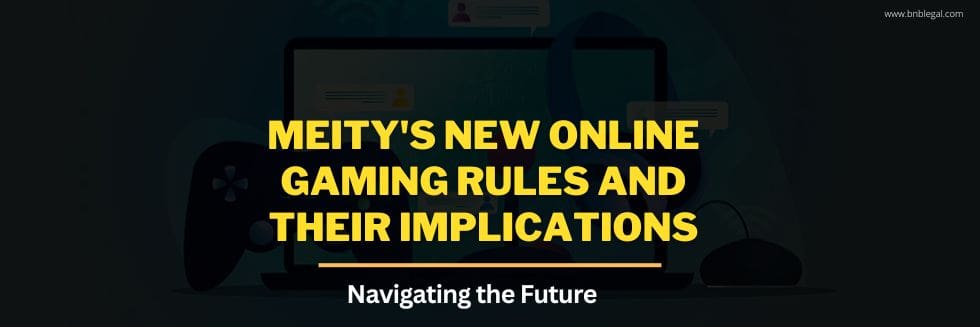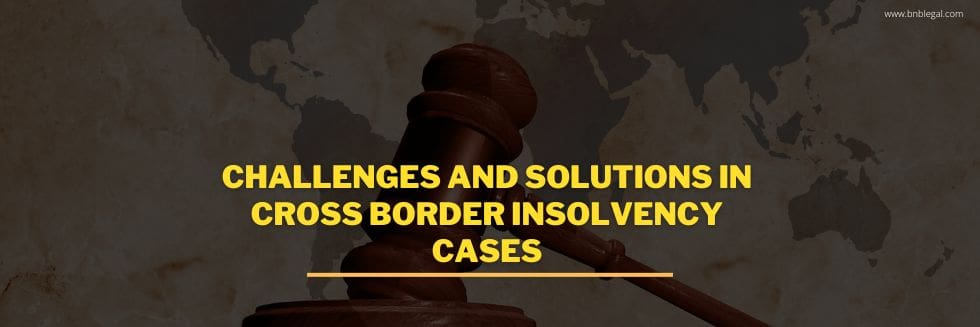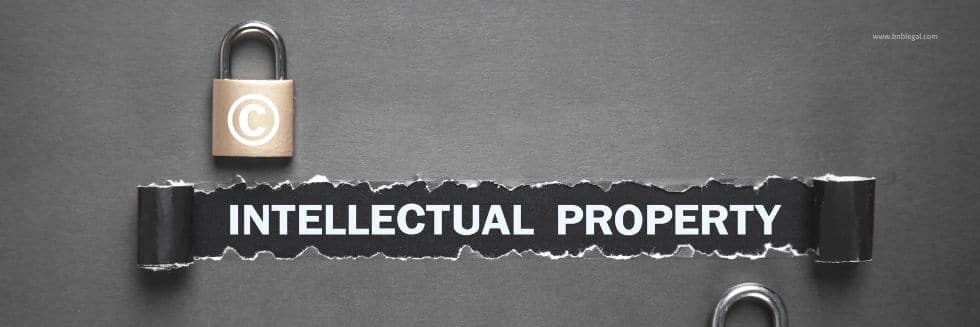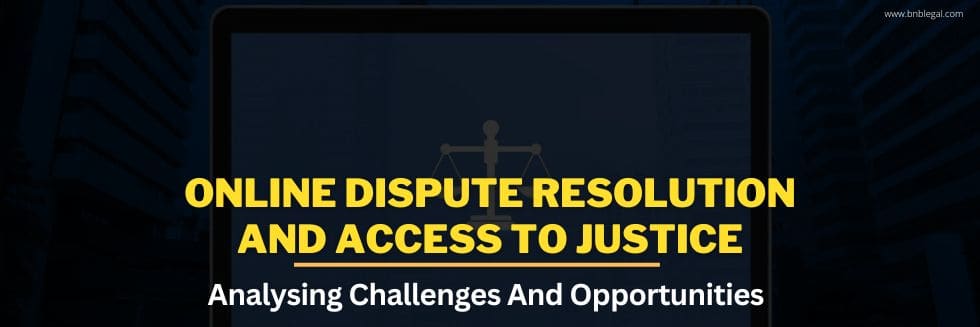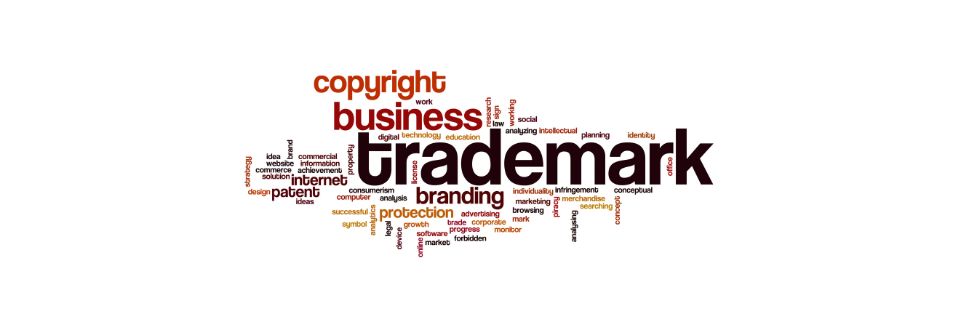Introduction
The legal industry is one of the world’s oldest and most established industries. Hundreds of years ago, the legal system was simply a matter of right and wrong. However, the sector has since diversified to meet the needs of our ever-changing society. When we look at the world today, we can see that digitization has taken over. However, the legal business is still hesitant to abandon its dependence on paper workflows. There has been a demand for lawyers in the blockchain ecosystem since the introduction of blockchain technology to business. Top companies such as IBM, Facebook, and PwC are continually advertising openings for blockchain-based lawyers. This indicates that blockchain has enormous applications in the legal business.
In simple words, Blockchain provides a safe and secure mechanism to conduct transactions. Each “block” consists of digital information such as who performed the transaction, when it occurred, how much it cost as well as unique hash is generated. This data is saved on the “chain”, which is an irreversible public database.
Blockchain is appealing because the transparent record it provides allows parties to conduct transactions without the involvement of a trusted authority. And once validated, these transactions can never be changed.
Blockchain Technology is a distributed ledger that is transparent, unchangeable, and secure that allows lawyers to record and resolve all kinds of legal issues. It has the potential to provide the legal system with a variety of used cases like intellectual property rights, land registry, chain of custody, smart contracts, litigation and settlements, and many more.
Blockchain in the Legal Industry
Smart Contracts
Smart contracts are one of the most well–known blockchain use cases in the legal field. They are formed digitally and are always verifiable since they are stored on the blockchain. Once certain parameters are met, a smart contract will be deployed. They are autonomous and decentralized, with no need for an intermediary. Smart contracts can be used in the legal profession for transactions such as property management. When the prerequisites are met, the contract is activated, and both the landlord and the lawyer are automatically paid. This builds trust between the parties and lowers the friction associated with legal contracts.
Intellectual Property Rights
Blockchain technology has the potential to act as an intellectual-property register, cataloging and storing original works. This registry might give artists secure digital certificates that authenticate the nature of work as well as the time of creation. These digital certificates could show that a given piece was made by the artist at a specified moment while also allowing for the verification and certification of an intellectual-property asset.
Blockchain-Based Arbitration
A blockchain system keeps an organized record of all items filed. Many components of the arbitration process such as documentary proof, communication transmission, and award satisfaction might be automated using smart contracts. When certain parameters are met by the parties then the smart contract implements the selection, even the nomination of the arbiter could be done through blockchain. Blockchain-based arbitration may also provide greater confidentiality. Even in a confidential arbitration case, there is always a chance that documents will be leaked or stolen by hackers. Such issues can be resolved by blockchain technology.
Land Registries and Property Deeds
Blockchain opens new opportunities in land registries and property titles, particularly in underdeveloped countries where land ownership is not well documented. The Multiple Listing Service data is now out of date and blockchain technology has the potential to completely transform it. The blockchain can provide an up-to-date, transparent, and secure record that brokers can easily access. This will facilitate collaboration and boost property sales. However, governments all around the world started adjusting the use of blockchain in land records. For example, the “Dubai Blockchain Strategy” aims to have all the governmental property records on the blockchain by 2020.
Litigation and Settlement
The volume of documents exchanged and records made in civil litigation is widely recognized. It comprises the activities that occur before, during, and after the filing of a lawsuit, including inquiry, negotiation, trial, and post-judgment procedures. Lawyers may soon be required to register on a blockchain network with their personal information, license number, and facts about their experience or field of practice.
A client may be able to look for and select an attorney using the platform. Lawyers can file complaints directly onto the blockchain, which defense lawyers can then view. Every subsequent document, from court orders to jury verdicts, might be saved on the blockchain.
Conclusion
Blockchain technology is innovative and adaptable, it will help to accelerate the entire process of the judicial system. Lawyers must also step outside of their comfort zone and get familiar with technologies that many industries have incorporated into their businesses. As the popularity of blockchain technology arises, the legal industry should adapt its use as well.
This article is written and submitted by Supriya Tiwari during her course of internship at B&B Associates LLP. Supriya is a 5th year, BBA LL.B.(Hon.) student at Amity Law School, Noida.
